Kap, Cops and Confederate Statues: A Better World Without Double Standards
CounterPunch
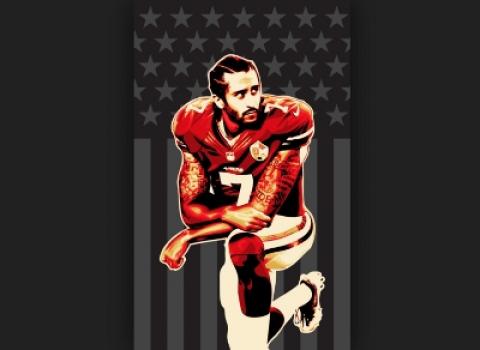
Frank Serpico, who testified against NYPD police corruption in 1972, joined more than 100 African American uniformed officers who demonstrated at a rally supporting NFL player Colin Kaepernick's objections to police abuse and inequality. "Kaepernick was not disrespecting the flag or our vets. I believe that Kaepernick was protesting a corrupt system of justice that allows some police to use excessive force, even the taking of innocent life, without consequences"


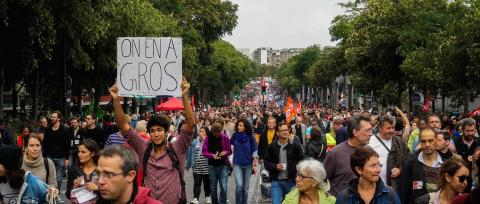
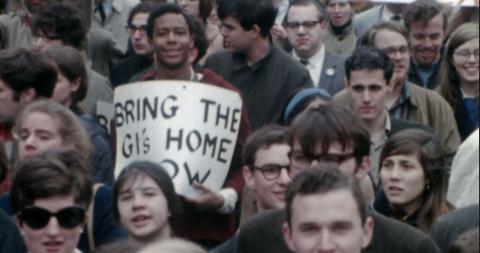
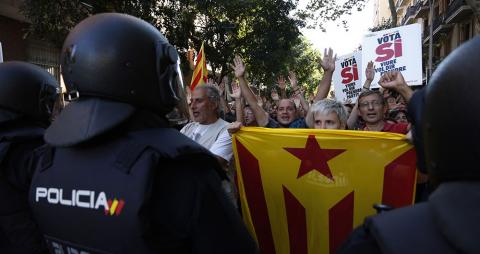
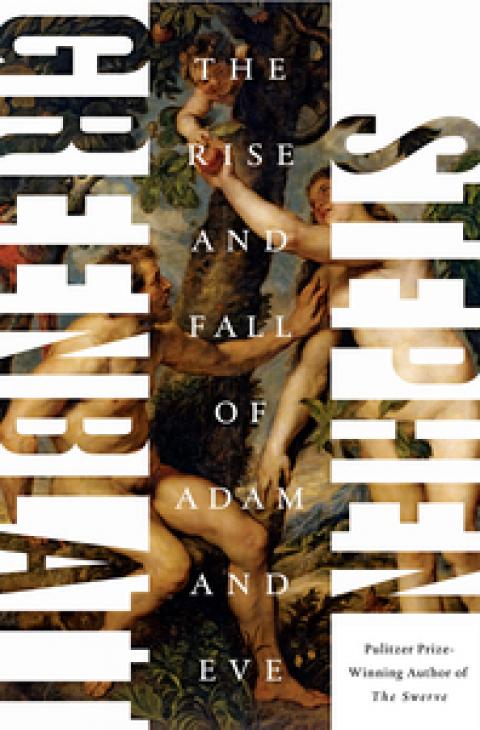
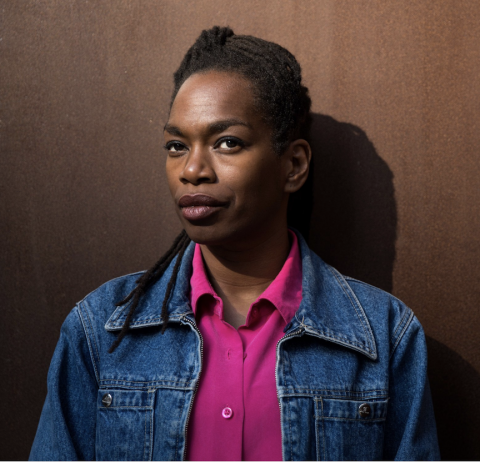

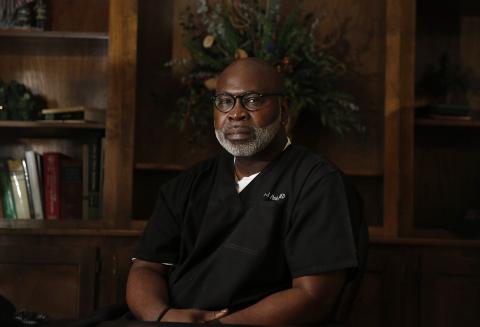
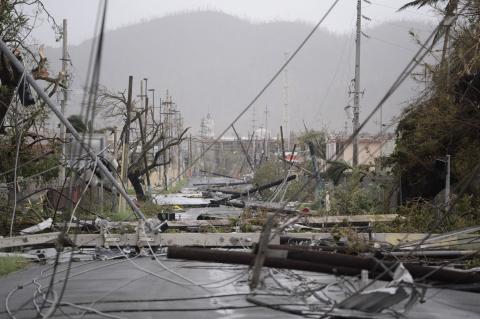
Spread the word